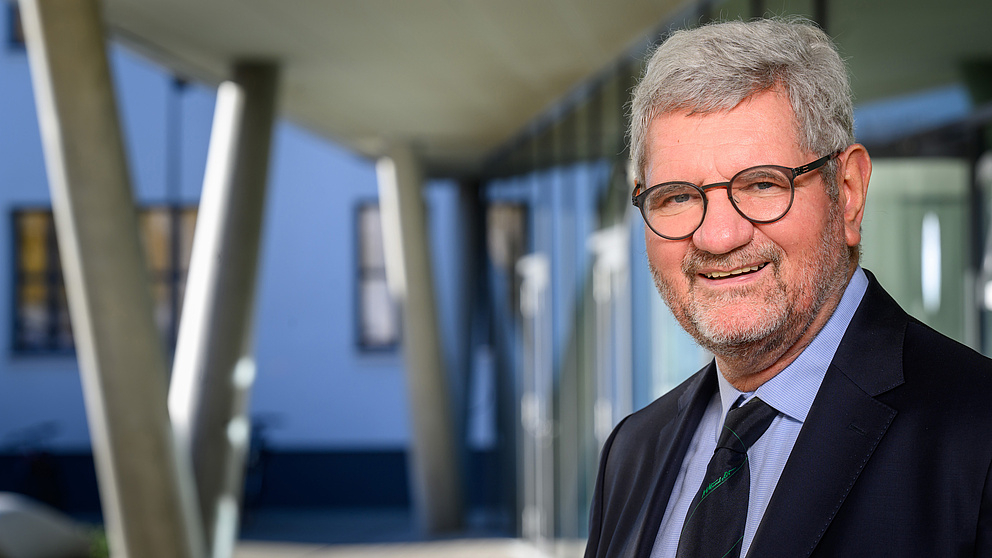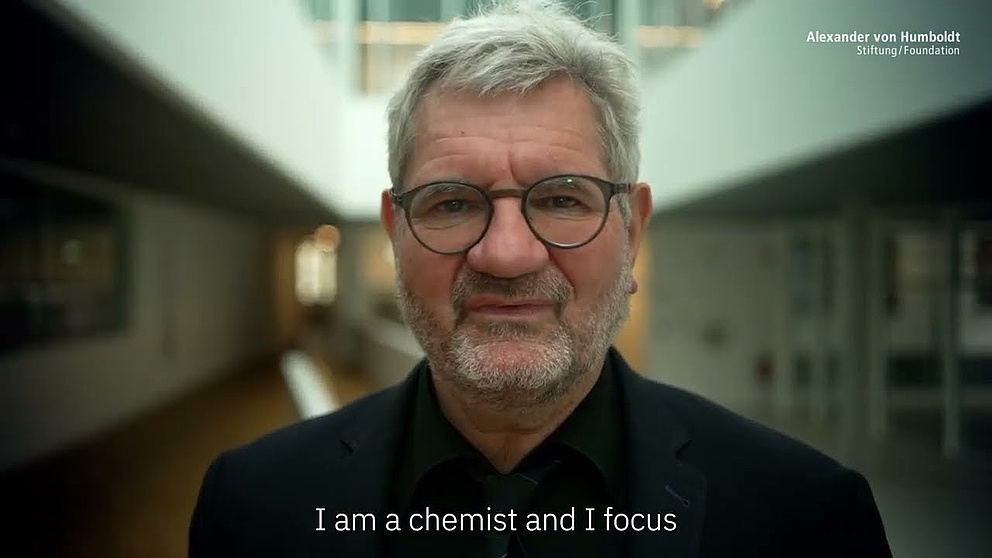Jump to the content
- {{#headlines}}
- {{title}} {{/headlines}}
After studying chemistry and gaining his doctorate in Munich, Robert Schlögl worked as a postdoc in Cambridge and then in Basel before completing his habilitation in Berlin. In 1989, he became a professor at Goethe University Frankfurt. Five years later, he was appointed director of the Fritz Haber Institute in the Max Planck Society, Berlin, where he stayed until 2023. From 2011 to 2022, Schlögl was initially the founding director and, subsequently, the managing director of the Max Planck Institute for Chemical Energy Conversion in Mülheim an der Ruhr. He is also an honorary professor at the universities of Bochum and Duisburg-Essen as well as at TU Berlin and Humboldt-Universität zu Berlin.
Schlögl’s research focuses on heterogeneous catalysis and materials for energy storage concepts and has contributed to a new understanding of catalytically active materials. Recently, he has been exploring the energy systems of the future and addressing the complex challenges of the energy transition. Schlögl is chairman of the advisory board for the Kopernikus projects, which are funded by the Federal Ministry of Education and Research and drive research for the energy transition. He has played a significant role in bringing together the natural sciences and social sciences in this area.
In addition to conducting research, Robert Schlögl is active both nationally and internationally in a number of advisory and consultative bodies. He was Vice-President of the German National Academy of Sciences Leopoldina and is a member of several other academies. He has been and still is involved in three DFG-funded clusters of excellence and Collaborative Research Centres as well as numerous EU collaborative projects. Schlögl has received numerous awards, including the Eni Award in the Energy Transition category.



